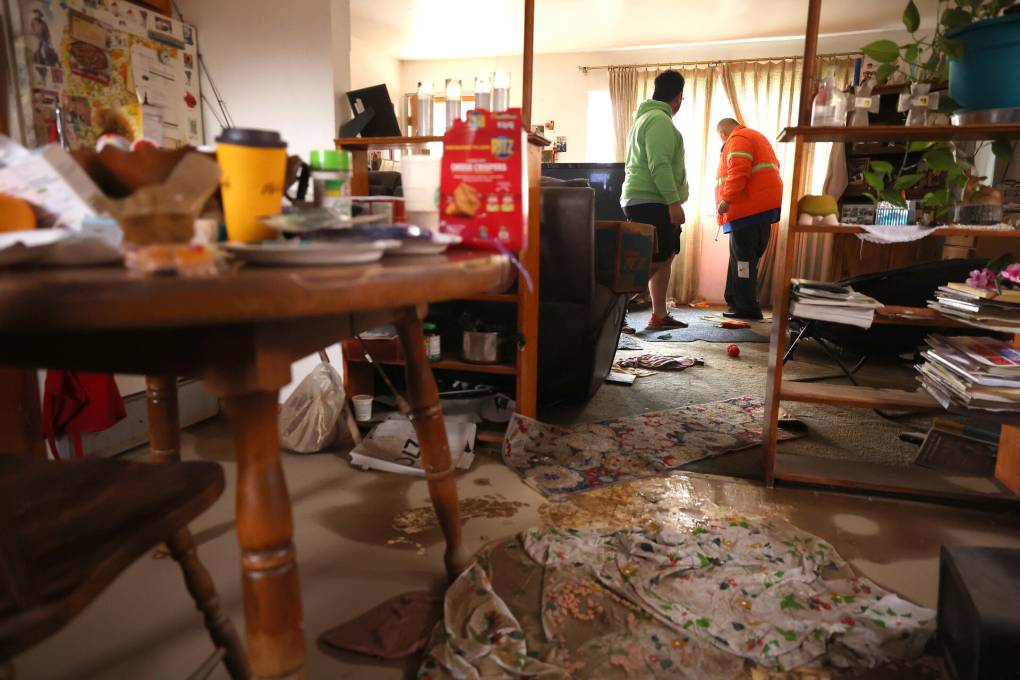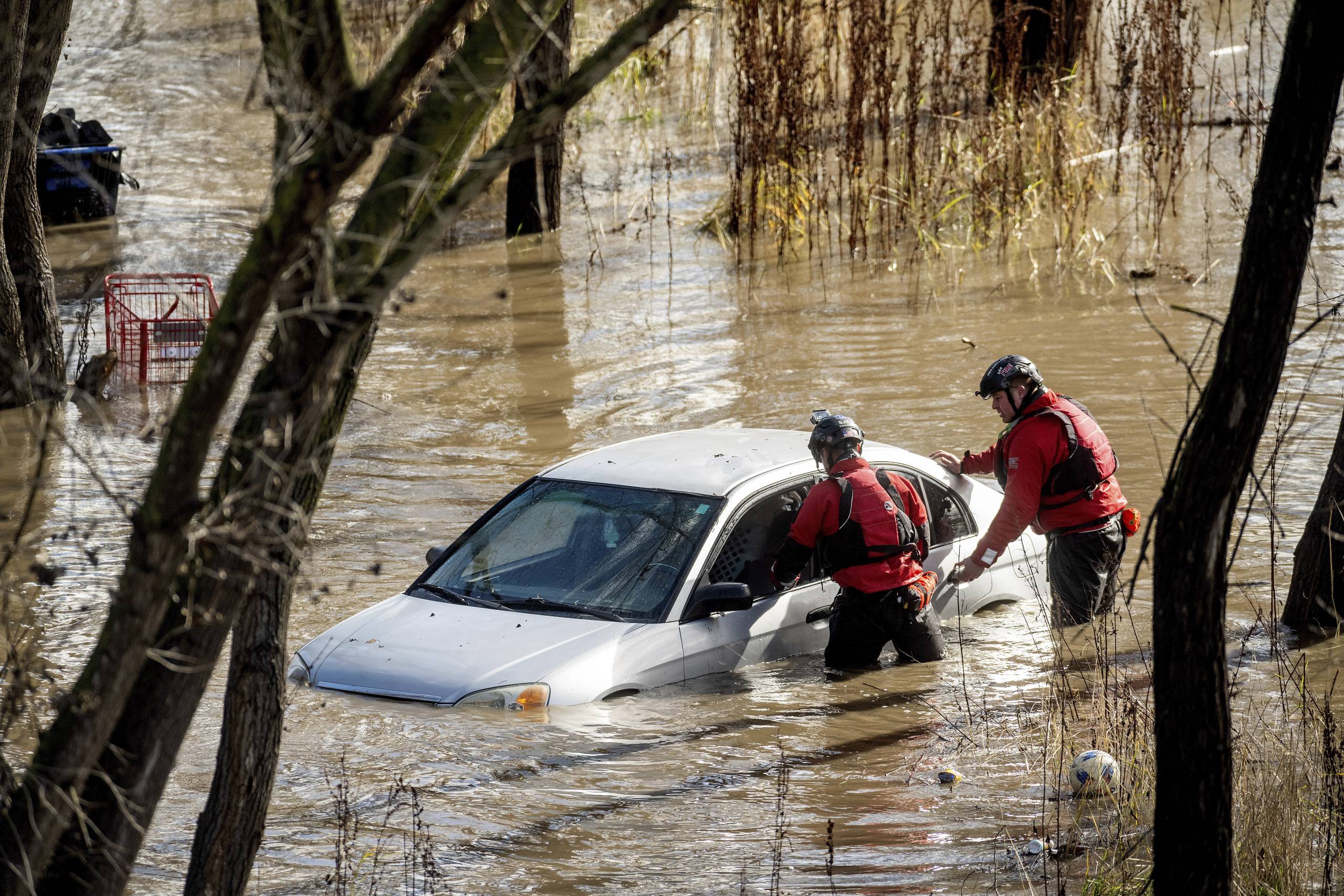I can no longer live in my home because of the damages. What can I do?
If your landlord has scheduled repairs that require you to live somewhere else in the meantime, they are required to pay for your housing, which could be a hotel or another property.
“That being said,” Simon-Weisberg added, “you will probably need to be paying rent while they pay for those other things. You can’t both withhold rent and have your hotel paid.”
However, cities and counties can differ on how long a landlord has to pay for this temporary accommodation. ACCE has partnered with the group TechEquity Collaborative to create TenantProtections.org, a website where you can input your ZIP code and learn which additional local- and county-wide protections you have available.
Simon-Weisberg does note that there’s a loophole in many California cities that allows landlords to evict tenants if they have to make substantial repairs and the tenant cannot live on the property while these repairs are being made. In these instances, many Bay Area cities with protections against no-fault evictions, like San Francisco and Oakland, require landlords to offer tenants relocation payments.
If you are afraid this could happen to you, reach out to a tenants group for legal advice.
What if my belongings also were damaged by water?
Is your landlord responsible for damage to your belongings if you’re a tenant? The answer is not always cut and dried.
Janet Ruiz, director of strategic communication for the Insurance Information Institute, an industry group, told KQED that “your landlord is not responsible for your belongings” and that instead, “renters insurance or flood-renters insurance … would cover your belongings.”
But Simon-Weisberg says that property owners can be held responsible for damages of tenants’ belongings — and that your landlord may push back on this depending on the situation.
So what should you do? First of all, if water damage has destroyed your belongings, like a computer or furniture, make sure to document this and include the information when communicating with your landlord.
If you have renters insurance
Check in with your agent to understand what your policy covers and what costs you (or your landlord) may have to cover.
If you don’t have renters insurance
If you believe that your belongings were damaged due to your home not receiving necessary repairs prior to the storms, whether or not you have renters insurance, this may be something you bring up when talking to a renters rights group or legal aid clinic.
(If your heating, electricity or plumbing broke down and your rent payment includes any of these utilities, let them know this as well, including how long this happened for. You may be able to negotiate a temporary discount on your utilities payment.)
If you don’t have renters insurance and you are considering getting it after the storms, it’s important to mention that most policies come with a 30-day wait period for the benefits to begin — so a policy would not cover damages caused by past storms. Additionally, some tenants may have to pay higher premiums due to where they live, how old their home is and even how many floors there are in their building.
What if I lost food during a blackout?
For families who receive CalFresh benefits, you can receive replacement funds on your EBT card (PDF) if you lost food due to flooding or a blackout.
To do this, contact the case manager or social worker who’s managing your CalFresh benefits within 10 days of losing your food to let them know.
KQED has confirmed with California’s Department of Social Services that this does include having food spoiled or destroyed due to the winter storms.
A version of this story was originally published on March 10, 2023.


